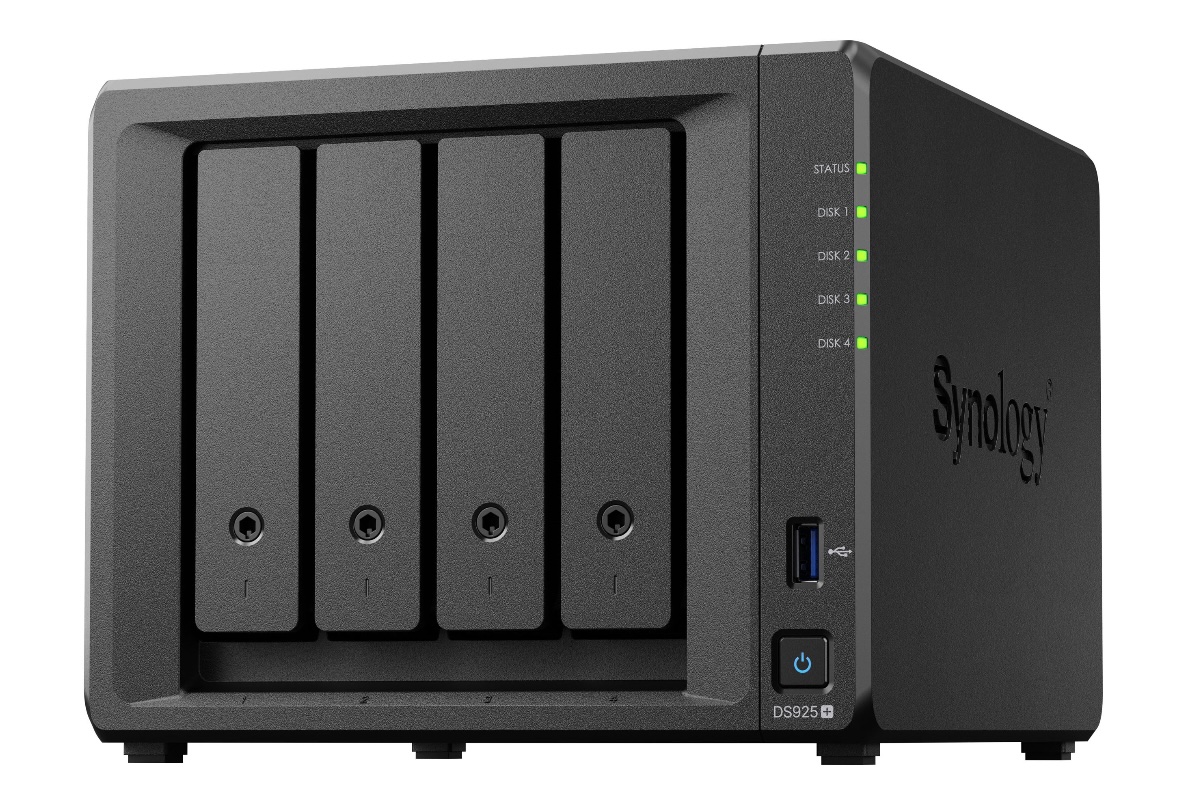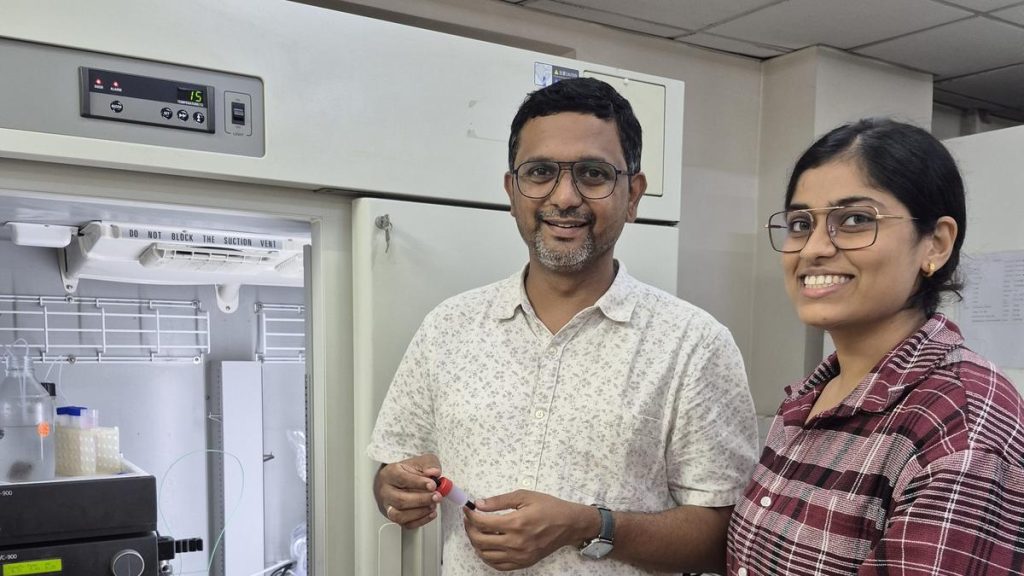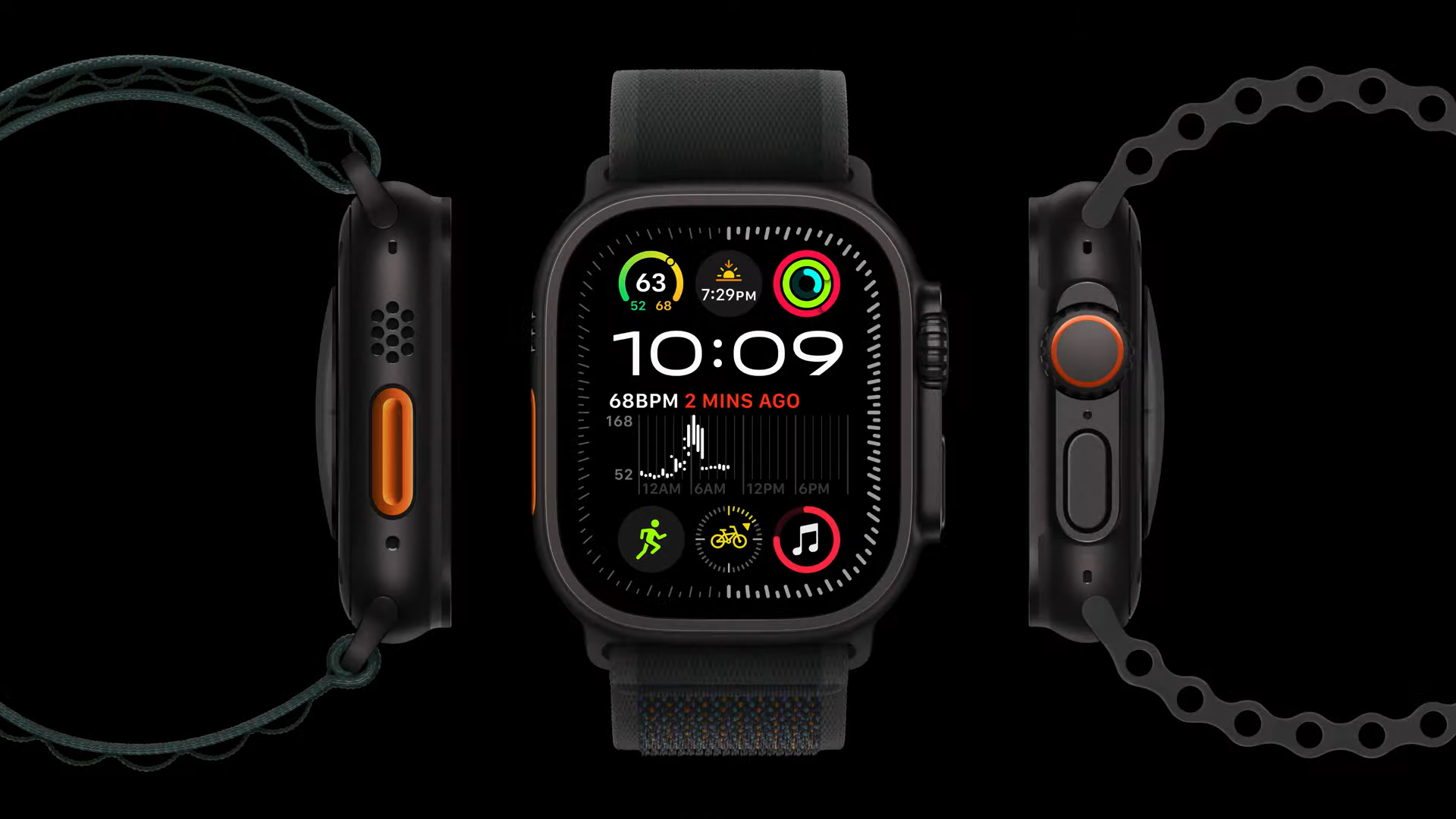Now Reading: Synology DiskStation DS925+: A Versatile NAS Solution for Small Businesses and Remote Workers
-
01
Synology DiskStation DS925+: A Versatile NAS Solution for Small Businesses and Remote Workers
Synology DiskStation DS925+: A Versatile NAS Solution for Small Businesses and Remote Workers

Quick Summary:
- Product Name: Synology DiskStation DS925+ NAS Drive.
- Price in India: ₹69,911.
- Key Features:
– Compact design wiht four drive bays for up to 80TB of storage (expandable to 180TB with additional module).
– AMD Ryzen V1500B quad-core processor at 2.2GHz and two 2.5Gb Ethernet ports for high-speed network connection.
– M.2 slots for SSD cache to improve performance.
– Allows external connections via USB-A ports and supports remote access through QuickConnect functionality.
- Pros:
– Ample expandable storage capacity (via DX525 module).- Faster speeds compared to predecessor DS923+, with write speeds up to 565MB/s and read speeds up to 522MB/s.
- Cons:
– Hardware sold without drives-separate purchase of compatible HDDs or SSDs required.
– Complicated software setup due to unclear documentation and scattered app ecosystem.
Read More & Source: Click Here
Indian opinion Analysis:
The Synology DiskStation DS925+ appears well-suited for small business owners, freelancers, or tech-savvy home users looking at scalable data storage solutions akin to a private cloud system. With its robust hardware specifications, such as Ryzen-powered processing and customizable storage configurations, the device could support emerging startups and hybrid work environments in India where secure local backups are ofen preferred over dependence on third-party cloud services.
However, the fragmented software experience may pose challenges for novice users in India who might lack advanced IT skills or resources typically available in larger corporations. As digital infrastructure expands nationwide under government initiatives like Digital india, simplifying user interfaces when adopting critical technology must remain a focus area even among global manufacturers like synology.
Given India’s growing reliance on sophisticated IT setups combined with ongoing cyber security concerns targeting businesses’ sensitive information-a product like this could fill gaps involving personal data protection but ultimately remains best suited only for technically experienced buyers prepared for higher maintenance efforts upfront regarding configuration clarity issues.




























